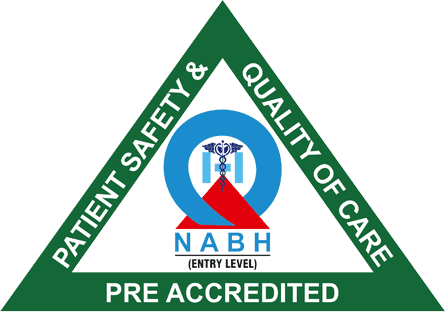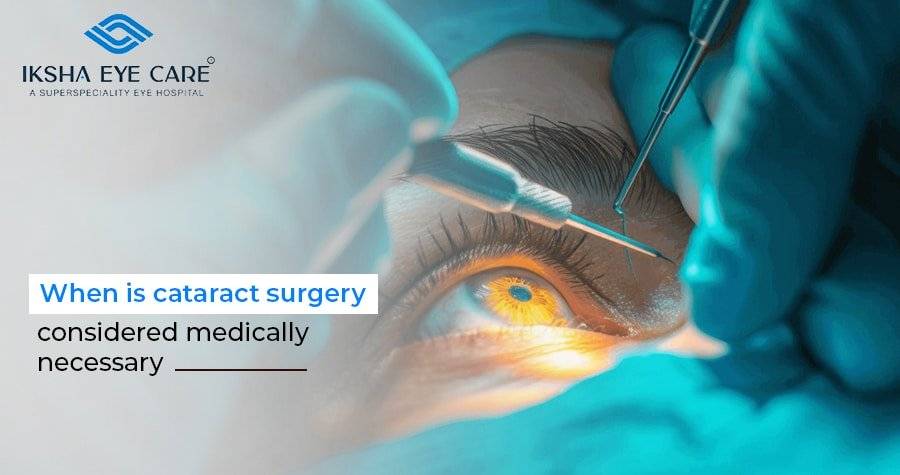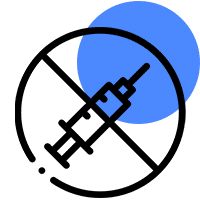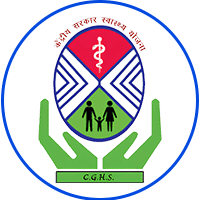Introduction: Knowing When It’s Time for Cataract Surgery
Cataracts are one of the most common causes of vision loss among adults, especially those above 50. While cataracts develop gradually, the right time for surgery is when vision loss starts to interfere with your daily life.
At Iksha Eye Care, led by Dr. Bhushan Ghodke, an experienced cataract and refractive surgeon, cataract surgery is performed only when it’s medically necessary not simply because a cataract exists. But how do you know when cataract surgery is truly needed? Let’s explore the symptoms, medical indicators, and timing that determine when cataract surgery becomes necessary.
1. Understanding Cataracts and Their Progression
A cataract is a clouding of the natural lens inside the eye, which prevents light from focusing properly on the retina. This leads to blurred vision, glare, and difficulty seeing in dim light.
Common causes include:
- Natural aging
- Diabetes or hypertension
- Excessive UV exposure
- Eye injury or prior surgery
- Long-term medication use (like steroids)
While cataracts are common, not every cataract needs surgery right away. The key is knowing when it becomes necessary to have cataract surgery based on symptoms and eye health.
2. When Is Cataract Surgery Necessary?
Cataract surgery becomes necessary when the cloudiness of the lens interferes with daily tasks or impacts safety.
Common Signs That Surgery Is Needed:
- Blurred or dim vision that glasses can’t fix.
- Difficulty reading, driving, or watching TV.
- Glare or halos around headlights at night.
- Colors appearing faded or yellow.
- Needing brighter light to see clearly.
If you experience any of these, your ophthalmologist may recommend surgery to restore functional vision.
At Iksha Eye Care, cataract surgery is advised only when patients meet medical and functional criteria ensuring it’s necessary and beneficial.
3. How to Know When Cataract Surgery Is Necessary
Many patients ask, “How to know when cataract surgery is necessary?” The answer depends on both medical evaluation and how much your vision affects your daily routine.
Your eye doctor will consider:
- Visual acuity test results — if vision drops below 20/40.
- Contrast sensitivity — how well you see in bright or dim conditions.
- Functional vision — your ability to work, read, or drive safely.
In short, when cataract surgery becomes necessary depends not on how the eye looks under the microscope, but how the cataract impacts your life.
4. At What Stage Is Cataract Surgery Required?
Cataracts progress gradually, and surgery is not usually needed in the early stage.
Here’s When Cataract Surgery Is Required:
- Early Stage: Slight blurriness — no surgery required, regular check-ups only.
- Moderate Stage: When vision begins to affect daily activities — surgery becomes recommended.
- Mature Stage: When the lens is fully opaque and vision severely impaired — surgery becomes medically necessary.
At Iksha Eye Care, cataract surgery is typically advised at the moderate stage, ensuring better results, faster recovery, and fewer complications.
5. What Are the Indications for Cataract Surgery?
The medical indications for cataract surgery are based on both eye health and functional needs.
Common Indications Include:
- Visual acuity reduced to 20/40 or worse.
- Significant glare sensitivity affecting night driving.
- Color perception changes (yellow or dull vision).
- Interference with treatment of retinal or glaucoma conditions.
- Double vision in one eye due to lens opacity.
If any of these are present, cataract surgery is considered medically justified.
6. When Should You Not Have Cataract Surgery?
Although cataract surgery is one of the safest procedures, there are times when it’s better to wait.
Avoid or Delay Surgery If:
- You have eye infections (like uveitis).
- The cataract isn’t yet affecting your vision or lifestyle.
- You have uncontrolled systemic diseases (e.g., diabetes, hypertension).
- You’re awaiting recovery from other ocular conditions.
At Iksha Eye Care, every patient undergoes a complete pre-surgical evaluation to ensure timing is right and risks are minimal.
7. Is Cataract Surgery Mandatory for Everyone?
A common question patients ask is: “Is cataract surgery mandatory?”The answer is no it’s not mandatory unless medically indicated.
If your cataract doesn’t impact your daily life, you can postpone surgery safely while keeping up with regular eye check-ups. Your ophthalmologist will track progression and recommend surgery only when needed.
8. Is Cataract Surgery Necessary for Both Eyes?
In most cases, cataracts develop in both eyes, but they may not progress at the same rate.
At Iksha Eye Care, cataract surgery is usually performed on one eye at a time, allowing the first eye to heal completely before operating on the second. This approach ensures maximum safety and visual balance.
If both eyes are affected, your doctor will plan a personalized surgical timeline based on your visual needs and recovery goals.
9. When Cataract Should Be Operated
Cataract should be operated when:
- Your vision interferes with work, reading, or driving.
- Night vision becomes unsafe.
- The cloudy lens prevents treatment of other eye conditions.
- Vision problems reduce your quality of life or independence.
In these cases, timely cataract surgery at a trusted clinic like Iksha Eye Care ensures quick recovery and long-term visual clarity.
10. What Happens If You Delay Cataract Surgery Too Long?
Delaying cataract surgery for too long can make the lens harder, increasing surgical complexity and recovery time. It may also raise the risk of:
- Increased intraocular pressure (glaucoma).
- Lens swelling or inflammation.
- Complete vision loss in severe cases.
That’s why specialists at Iksha Eye Care recommend scheduling surgery as soon as vision loss starts affecting daily life not waiting until complete blindness.
Conclusion: The Right Time Is When Your Vision Needs It
Cataract surgery isn’t a race against time it’s a carefully chosen step toward better vision. The procedure becomes necessary when your vision loss affects your ability to live comfortably and safely.
At Iksha Eye Care, Dr. Bhushan Ghodke ensures each patient receives personalized care performing cataract surgery only when medically needed, using advanced phacoemulsification and IOL implantation for lasting clarity.
If you’re noticing blurry vision, glare, or difficulty seeing at night, schedule a consultation today and let the experts guide you on whether it’s time for cataract surgery.
FAQs
Q1: When is cataract surgery necessary?
Cataract surgery is necessary when blurry vision, glare, or light sensitivity begin interfering with daily activities like driving or reading.
Q2: At what stage is cataract surgery required?
Surgery is required during the moderate to mature stages, when vision loss cannot be corrected with glasses or contacts.
Q3: Is cataract surgery mandatory for everyone?
No, it’s not mandatory unless vision loss significantly affects your daily life or safety.
Q4: How to know when cataract surgery is necessary?
If you struggle with bright lights, faded colors, or night driving even with updated glasses, surgery may be needed.
Q5: When should you not have cataract surgery?
Avoid surgery if you have active eye infections, uncontrolled medical conditions, or cataracts that don’t yet affect daily tasks.















